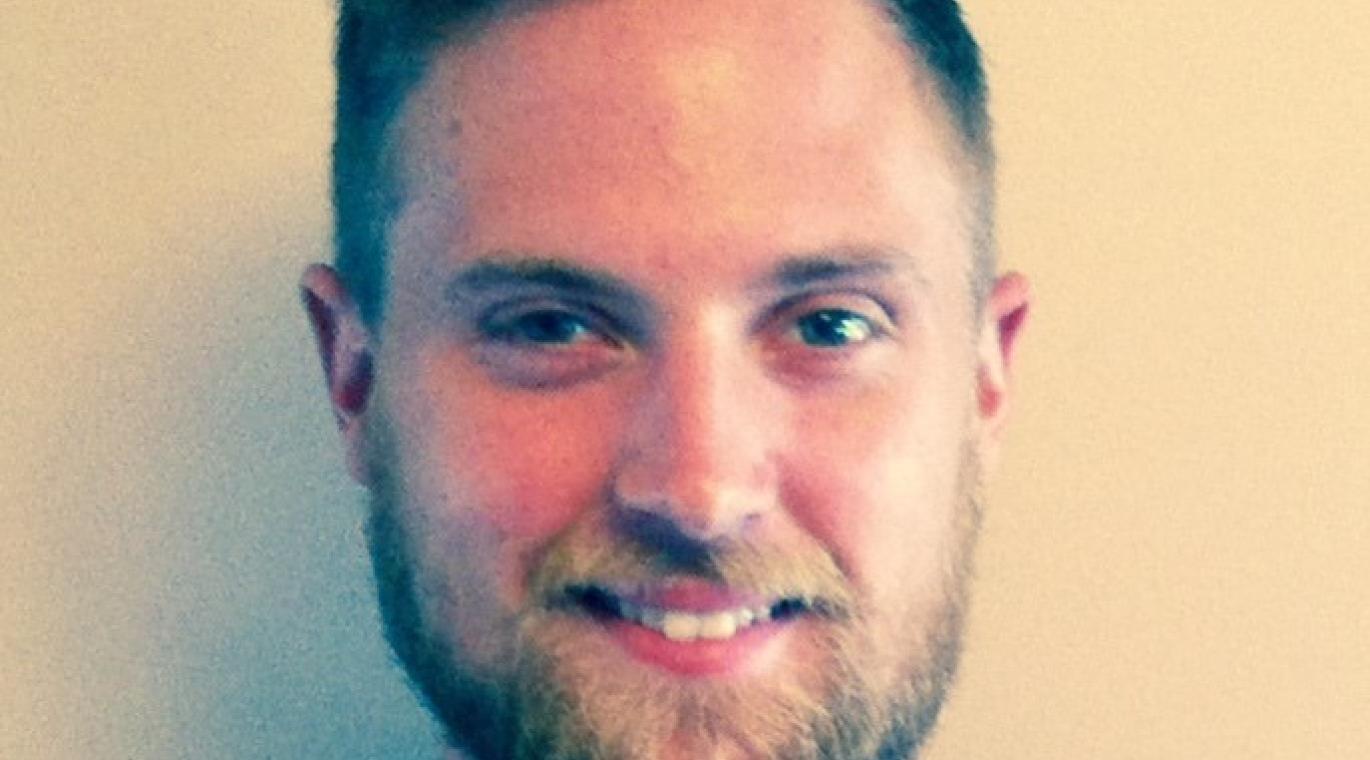
Dr. Sean Haffey is a new hire to the Department of Family Medicine as he started practice in Kingston in December 2022. He completed his medical school training and residency at Queen’s before completing his enhanced skills medicine program in addiction medicine at the University of Toronto. Now as a part of the Department of Family Medicine with a cross-appointment to the Department of Psychiatry, Dr. Haffey splits his time 50/50 between working with the Queen’s Family Health team and the addictions medicine team at Kingston Health Sciences Centre (KHSC).
Dr. Haffey shares that he does three half-day clinics a week where he supervises first-year residents while providing care to patients with the Queen’s Family Health team. “I have also taken on the role in undergraduate medical education of course director for the second-year clinical skills course, which is about to ramp up pretty quickly,” he says. A big part of Dr. Haffey’s work also happens with the Southeast Substance Treatment and Rehabilitation (STAR) team. This service follows patients seen by physicians for substance abuse issues at KHSC on discharge into the community. The STAR team physicians, including Drs. Haffey, Adam Newman, Teras Reshetukha, Heather Johnson, Henry Swoboda, and Wilna Wildenboer-Williams, offer consultation services to patients with substance use disorders and their family physicians. “I organize learner rotations of fellows and residents coming through the STAR team and it’s been a rewarding part of the job. We’ve hosted two or three learners at a time so it has provided a lot of exposure to addictions medicine training. We are also answering eConsults primarily in the context of seeing someone in the hospital, then assisting with the treatment plan with their family doctors,” Dr. Haffey explains.
With his experience in addictions medicine, Dr. Haffey says there is one key lesson he endeavors to pass on to all his learners: suboxone is neither difficult to prescribe nor difficult to manage in patients. “I wish the myth that suboxone needs specialized training would disappear. I want to open up learners to the knowledge suboxone is not difficult or challenging to prescribe and make young physicians as comfortable as possible prescribing it as it could save countless lives,” he describes.
More than this fundamental learning, Dr. Haffey shares what he strives for in his learnings in his career that he also wants to pass on to learners – keeping an open mind is key. “For addictions medicine, I talk to my learners a lot about how this is a field with a lot of so-called ‘cutting edge’ or experimental approaches because of how rapidly we have to adapt to the changing illicit drug supply and how powerful these opioids are, including fentanyl and its analogues,” he says. “There are approaches in the press a lot like safer supply, involuntary treatment, psychedelics, etc. that are largely unvalidated and untested approaches, but several of which might hold significant promise for the field in the future. The most important thing for us is to be open and have respectful discussion. Not all of these hot takes will pan out, but some will be indispensable for dealing with whatever comes after fentanyl. At this early stage of my career, I’m going to go to conferences to hear novel approaches and I will participate in open discussions always.”
Something Dr. Haffey is excited about in his work is the opening at Kingston General Hospital of a new outpatient annex of the psychiatry portion of the Emergency Department (ED) called “Section E (north)”. He says, “I hope this will serve as a more appropriate and supportive space for people presenting to the ED indefinitely until they can be seen by the STAR team. They’ve now brought in a new adjacent office space that is brighter and better staffed with more resources and rooms conducive to counselling assessments and the STAR team is going to be an integral part of that. I hope this is a heavily utilized service as part of the ED and this will encourage people to seek emergency care in a more expedited way.”
As someone in the early stages of his career, Dr. Haffey explained why being a SEAMO member has been a benefit to him. “SEAMO was definitely a huge factor in my family’s decision to come back to Southeastern Ontario. I always assumed in medical school the SEAMO model with salaried positions was ubiquitous across the board but I learned very quickly we are the exception at SEAMO. I knew SEAMO provided a lot of support and protected income with salaried positions for geographic full-time physicians (GFTs) which was a huge influence in our decision,” he says. “I really like working with SEAMO’s billing services that is built into our services and is here to support us. The Physician Wellness Advisory Committee that SEAMO supports has also been really helpful.”
To learn more about the work of the STAR team, please check out this article.
